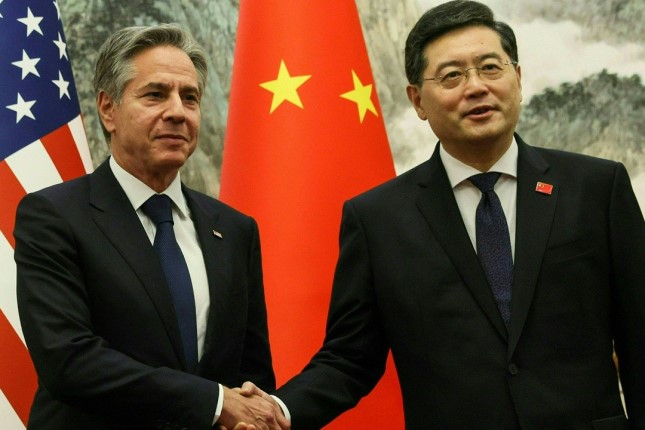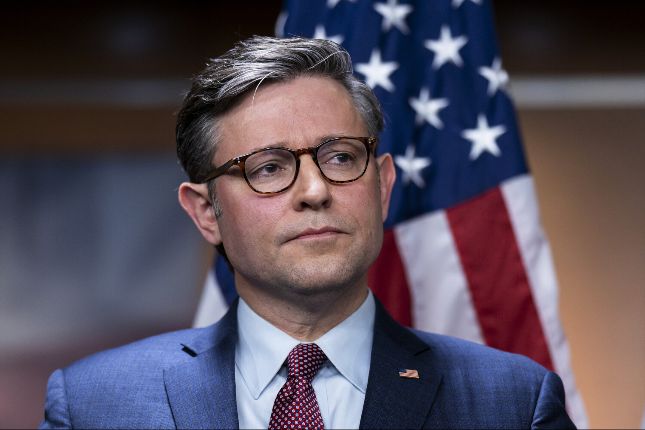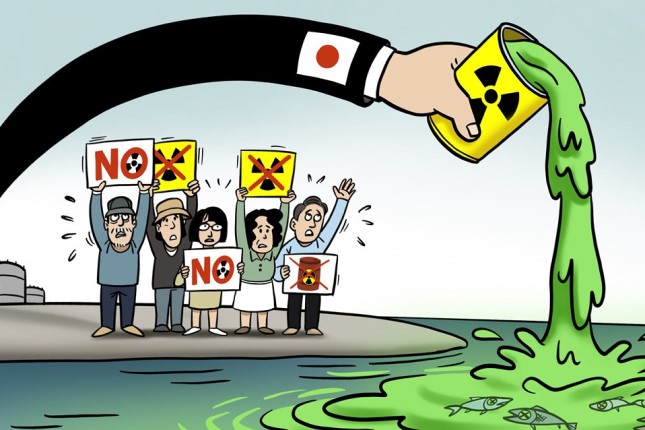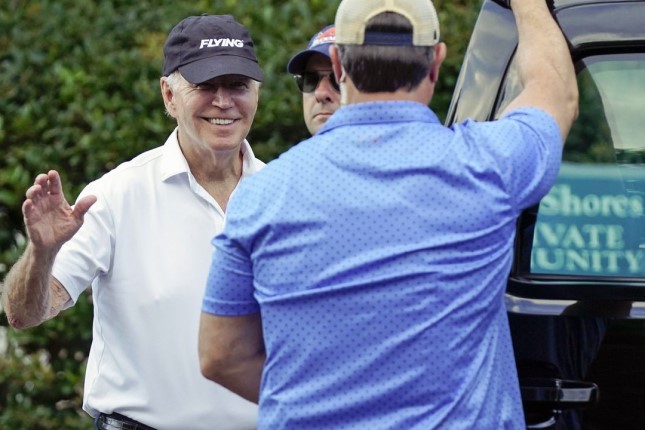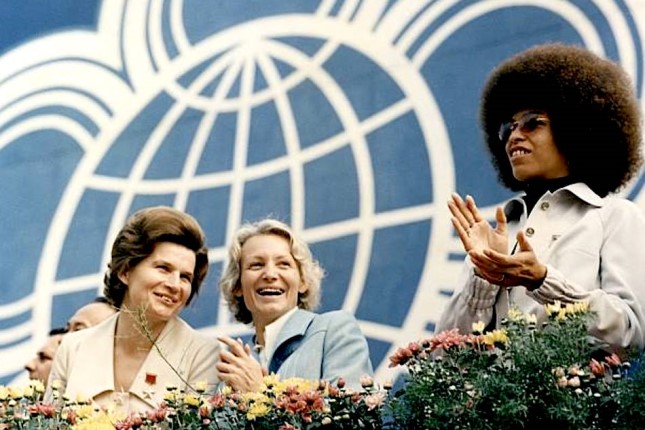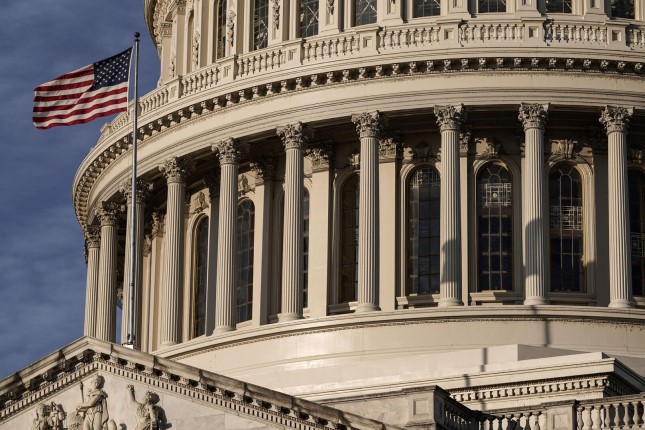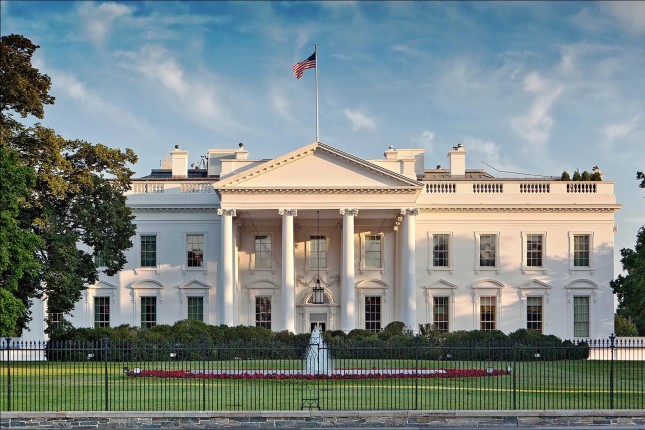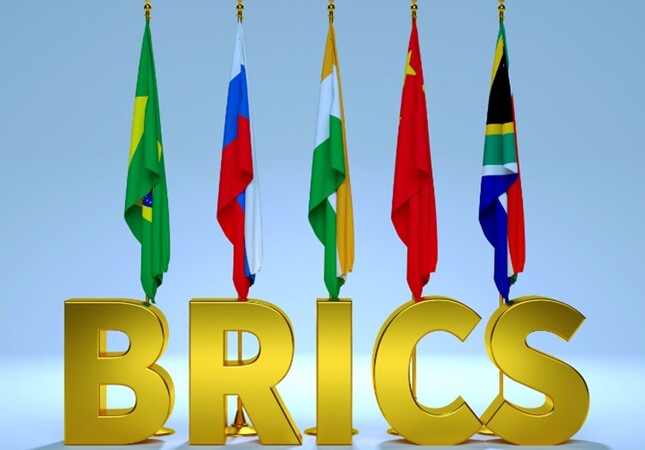On the afternoon of June 18, Chinese State Councilor and Foreign Minister Qin Gang met Blinken, and they had a long, candid, in-depth and constructive communication on the overall relationship between China and the US and related important issues. The two sides reached several consensuses, including jointly implementing the important consensus reached by the heads of state of the two countries in Bali, maintaining high-level exchanges, and continuing advancing consultations on the guiding principles of China-US relations.
This is the first visit to China by a US Secretary of State in nearly five years, and also the first cabinet official of the Biden administration to visit China. The "twists and turns" of this visit itself highlights the highly complicated and difficult situation of bilateral relations. Now, the world is focusing on Beijing, closely watching every detail of China-US interaction, hoping to find clues as to whether the relationship between the two countries can be "thawed. " It should be said that the information released by both sides after the talks on the first day has brought some positive expectations to the international community.
Compared with the high attention from the outside world, the expectations for the result of Blinken's visit were not high, whether from the US, China or international public opinion. Before Blinken's departure, the US held a rare briefing on his trip, jointly hosted by Assistant Secretary of State for East Asian and Pacific Affairs Daniel Kritenbrink and Deputy Assistant to the President and Coordinator for Indo-Pacific Affairs Kurt Campbell, which was considered "unprecedented" in terms of level. This shows the importance attached by the US to this visit, but the two US officials also tries to downplay the expectations of the outside world. The expectations from public opinion on the Chinese internet for this visit are also not high, which is easy to understand. It is normal for any country to have low expectations after being continuously suppressed by the US.
Despite very low expectations for any breakthroughs made during Blinken's visit to China, there is still hope that both sides can maintain their "bottom line" in the relationship. Although the relationship is at its lowest point since the establishment of diplomatic ties, there are still some key issues on which both sides have consensus, otherwise Blinken's trip would be impossible. These consensuses were collectively reflected in the Bali meeting between the leaders of China and the US in November last year, which are also the fundamental guidance for maintaining stability in the relationship between the two countries. Because of the guidance, the two countries are able to conduct constructive communication when bilateral ties are at their lowest point.
Before his visit, Blinken stated that "what we are working to do on this trip is to really carry forward what President Biden and President Xi agreed to in Bali." It should be noted that whether it helps to push the China-US relationship back to the consensus reached by the two leaders in Bali will be the golden standard for judging whether Blinken's visit is successful or not.
The US' "positive attitude" toward Blinken's visit to China is not only a public opinion war that aims to shift the blame on China, but also because to a considerable extent "there is no alternative." Externally, the international community, including US allies, hopes that China-US relations will stop falling and stabilize, so as to avoid shaking the foundation of world peace and stability. This puts pressure on the US and forces the Biden administration to quietly adjust its tone, emphasizing "it is not forcing any country to choose sides" and "no decoupling." In the US, the "unfinished" trade war left by the Trump administration is doing more and more harm to the US. Not only are American companies jointly lobbying for the removal of sanctions, but American academics, politicians, and even members of Congress have also called on the country, with rationality, to "rethink" China-US relations. This is not because China had cast any magic, but out of the national interests of the US.
Most of the difficulties encountered in China-US relations were due to Washington's unilateral and erratic policies and actions. So naturally the US needs to do more to improve the bilateral ties. On many specific issues, the US can create considerable space for cooperation. For example, on the issue of fentanyl, which Americans are highly concerned about, the lifting of the unreasonable sanctions imposed on China by the US will obviously remove a major obstacle to cooperation between the two countries. In addition, in the field of economy and trade, although Washington's suppression on China is crazy, the economic and trade relations between the two countries still show strong endogenous momentum, which means that there is huge room for mutually beneficial cooperation between the two countries, a reality that the US cannot avoid. In addition, in terms of people-to-people and cultural exchanges, both China and the US agreed to encourage the expansion of cultural and educational exchanges between the two countries, so the US should make concrete moves on issues such as visas and cancel its neurotic and allergic practices in the past.
The attitude of the Chinese toward Blinken's visit to China has indeed changed, but this does not mean that China refuses to engage and improve China-US relations. On the contrary, the Chinese are more strategically determined and patient about the stabilization and improvement of China-US relations, and more emphasis is placed on the sincerity and concrete and effective measures from the US side. We hope that Blinken's visit can be a good start for more communication, and we also hope that he can bring back the accurate information obtained in China to American society. The information is, in short, mutual respect, peaceful coexistence, cooperation and win-win. These short words deserve Washington's careful consideration.
Main photo: Chinese State Councilor and Foreign Minister Qin Gang (right) meets with visiting US Secretary of State Antony Blinken on June 18, 2023, in Beijing © Visual News.
Source: The Global Times.
